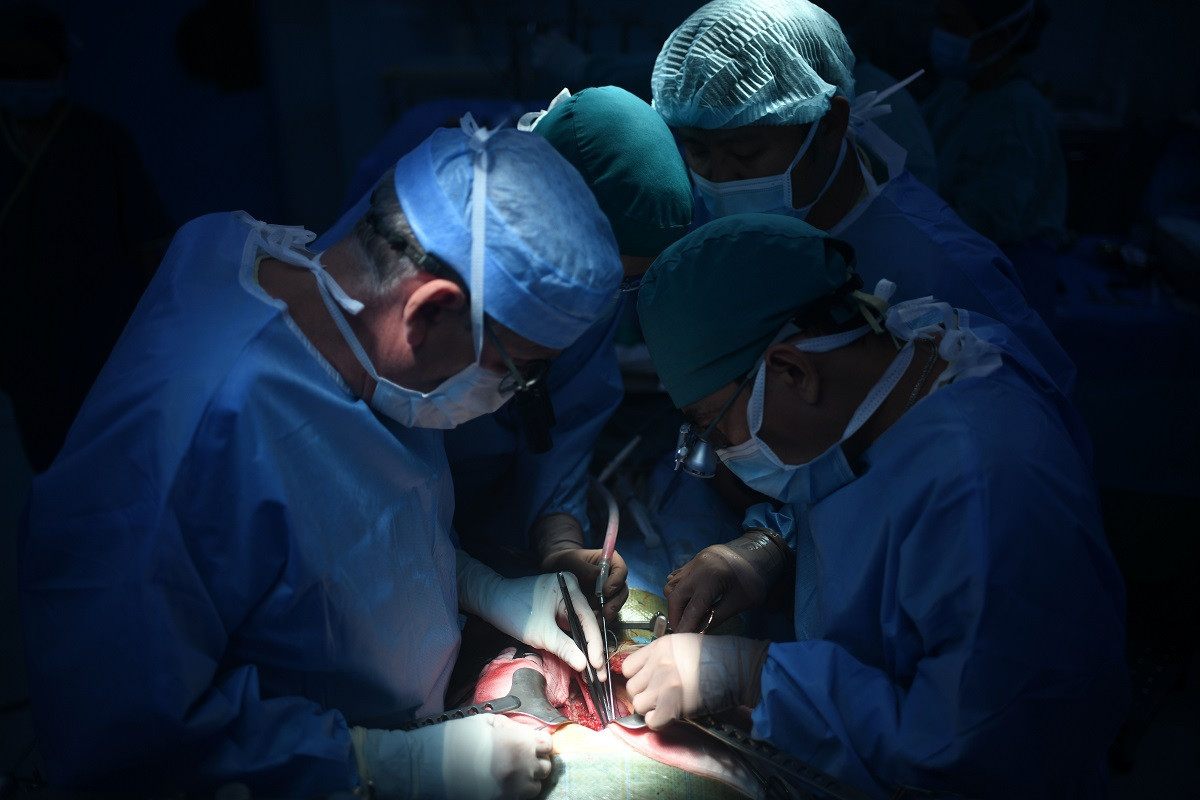Dr. Nguyen Hong Van Khanh, Deputy Head of the Hepatobiliary-Pancreatic Surgery and Liver Transplant Department at Children’s Hospital 2, shared in a press conference on October 17 that, since the Ministry of Health granted the hospital permission to independently perform organ transplants, 28 liver transplants have been carried out between 2021 and 2024. This is a significant increase compared to just 13 transplants performed over the previous 15 years (2005-2020).
Currently, the hospital performs an average of 10-14 liver transplants each year. In the last week of August, three transplants were conducted consecutively.

Dr. Tran Thanh Tri, Head of the Hepatobiliary-Pancreatic Surgery and Liver Transplant Ward, stated that the three transplants took place on August 26, 28, and 30. The children involved suffered from liver cirrhosis and bile duct atresia, conditions that could not be sufficiently improved by prior Kasai surgery (a procedure where a segment of the intestine is used to bypass the bile duct). For these children, liver transplantation was their only chance for survival.
This marked the first time Children’s Hospital 2 performed three consecutive liver transplants within one week. According to Dr. Tri, meticulous coordination was required, involving two operating rooms, surgical teams of around 50 people per case, and complex, prolonged post-operative care.
"Although we've accelerated the process, the hospital currently has approximately 100 cases waiting for liver transplants and 70 for kidney transplants. Tragically, about two children die every month from end-stage liver failure because there are no available organs for transplant," Dr. Van Khanh revealed.

Dr. Tri emphasized that the greatest challenge remains the scarcity of available organs. Currently, most of the liver and kidney transplants for children rely on donations from family members, while organs from brain-dead donors are exceedingly rare. The hospital has repeatedly proposed allowing brain-dead donors aged 11-18 to donate organs, but this has yet to be legislated.
Children’s Hospital 2 is the only hospital in southern Vietnam performing organ transplants for children. The cost of a liver transplant at the hospital, after insurance, ranges between 300 to 500 million VND (approximately $12,500 to $20,800).
The hospital plans to carry out four more liver transplants in November.
Bach Duong